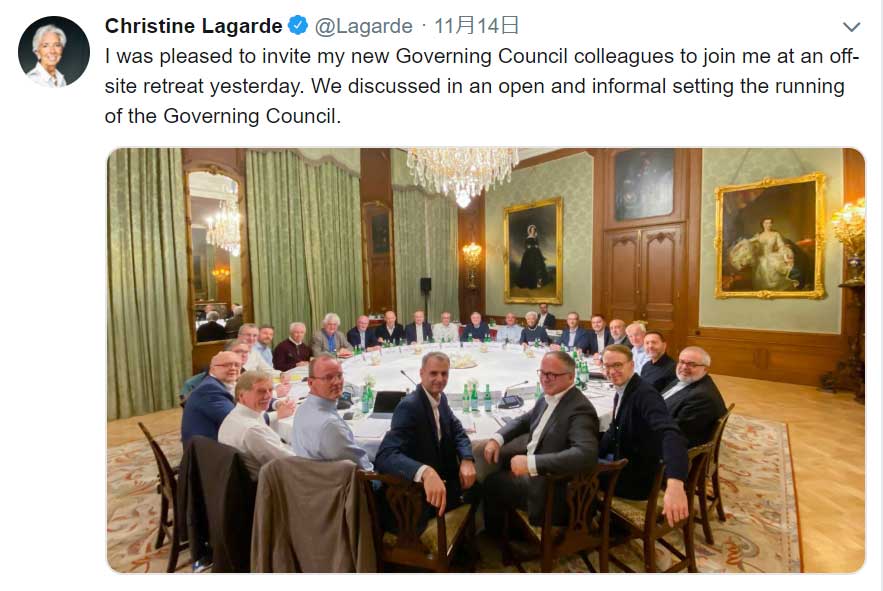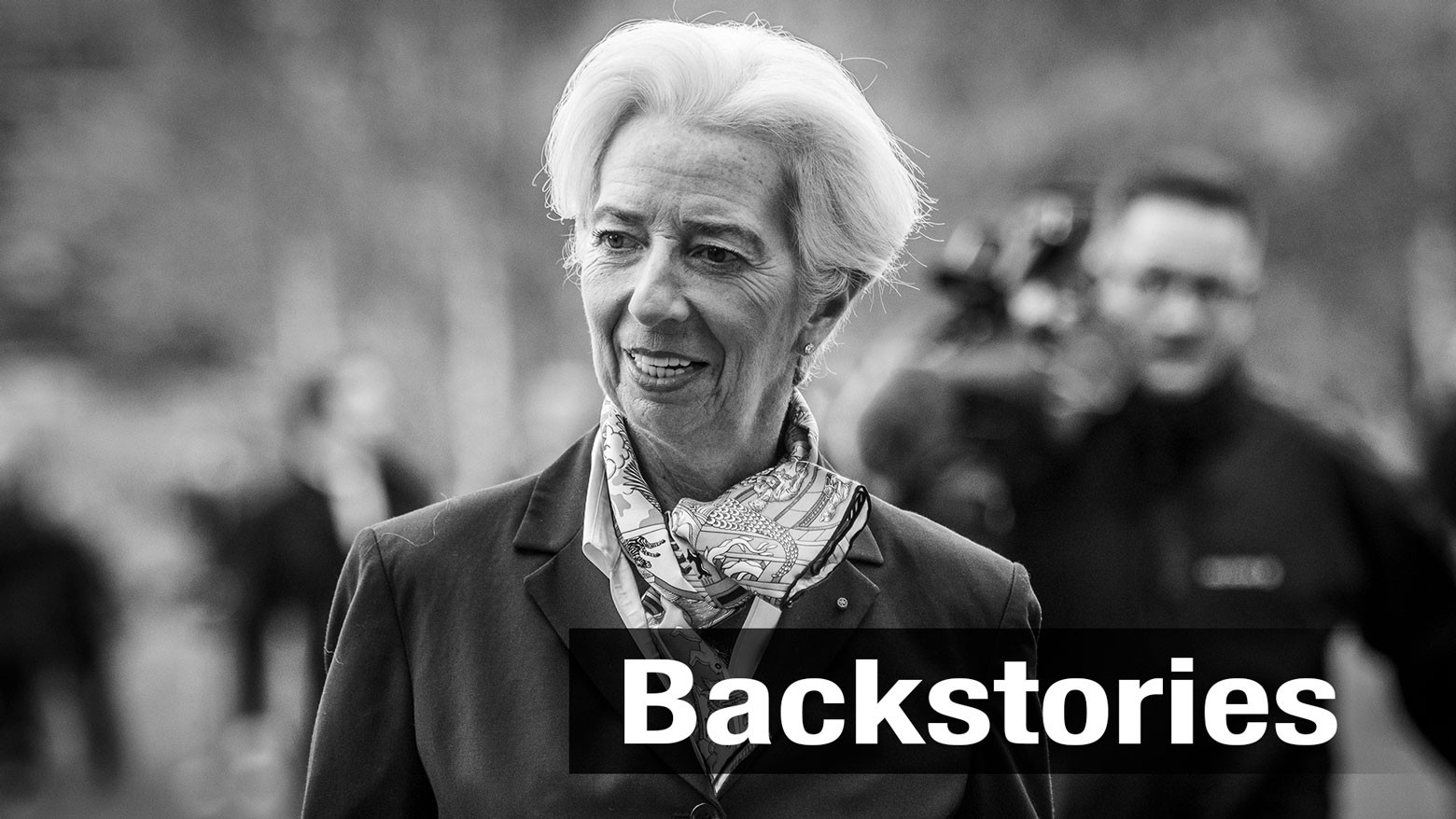The latest GDP data from Germany shows that the country has narrowly avoided a technical recession, recording growth of only 0.1% in the third quarter. And the European Commission this month downgraded growth of the eurozone for both 2019 and 2020. Risks are looming, not to mention the adverse effects of the US-China trade war, Brexit, the EU trade row with the US, and the German auto industry's crisis.
Previously serving as the French finance minister and the head of the International Monetary Fund, Lagarde knows well how much trouble Europe is in. But she may be inheriting unwanted things from her predecessor. Draghi, known for his drastic steps and words, has been praised for his "magic" as he saved the euro from virtually collapsing during his 8-year term.
But the last swing of his magic wand has left the central bank divided. Draghi decided that he would go ahead with a fresh round of stimulus measures in September, including government bond purchases, despite opposition from and the reluctance of his fellow central bankers.
The latest tweet from Christine Lagarde has caught the attention of many around the world. It shows a picture of her sitting at a round table with her new Governing Council colleagues in a relaxed off-site retreat. And it demonstrates her effort in trying to pull the team together during this difficult time. After all, she’s leading a 19-nation economic body with a single monetary policy.

Lagarde was known for her pragmatic approach and high political skills during her years at the IMF. And she will need to continue using her strengths not only to bring her fellow bankers together, but also to urge European countries, especially the reluctant Germany, for more fiscal stimulus.
There seem to be few options left for the ECB if the eurozone economy continues to trend downwards. Now that there is no magic wand, it will be up to Lagarde’s diplomatic skills to stop the region from falling into a recession.

